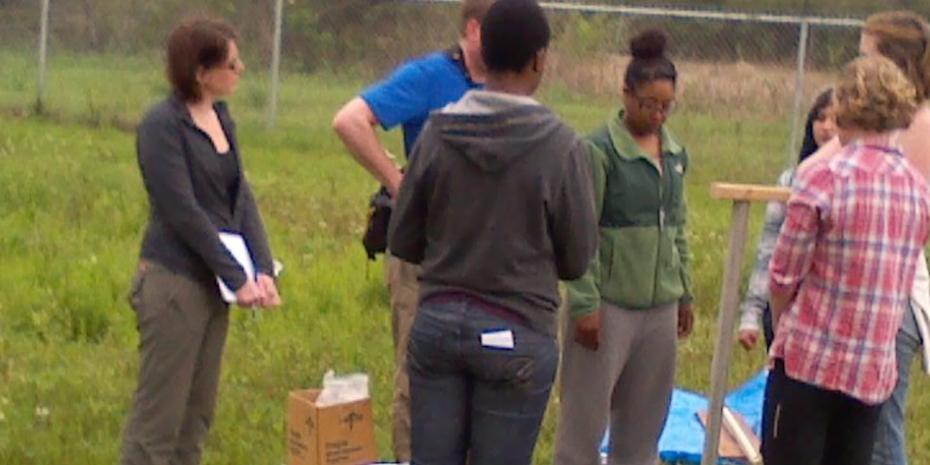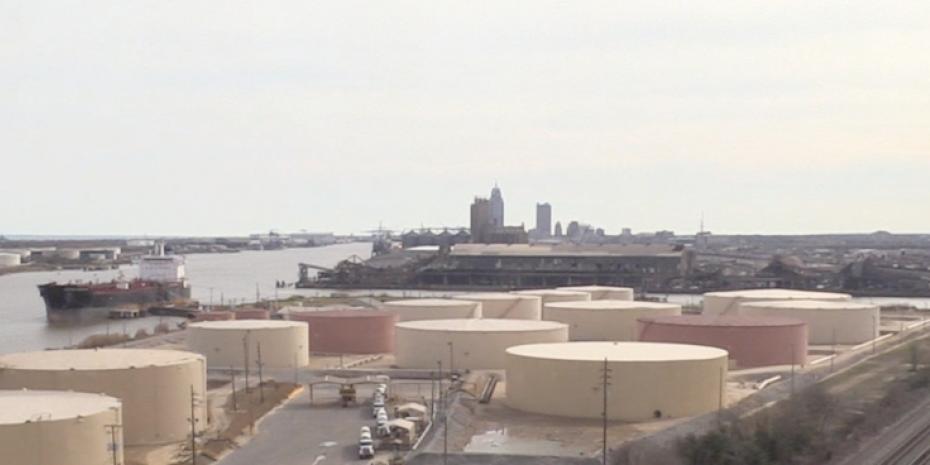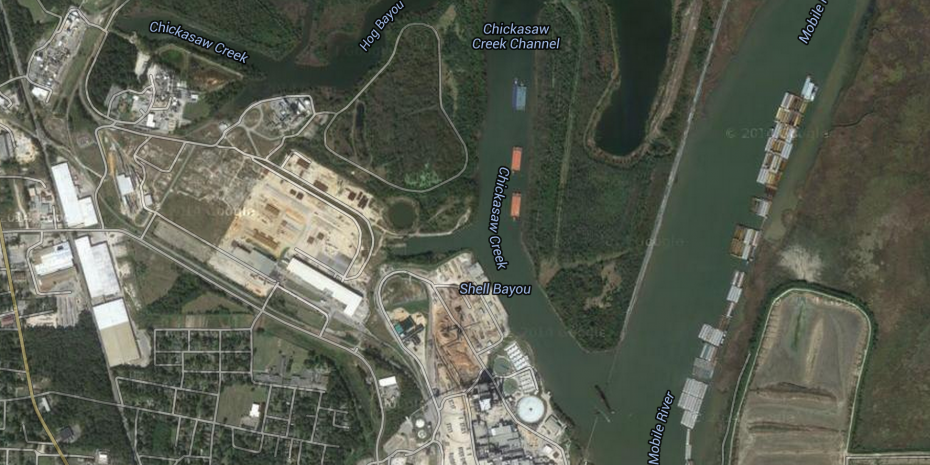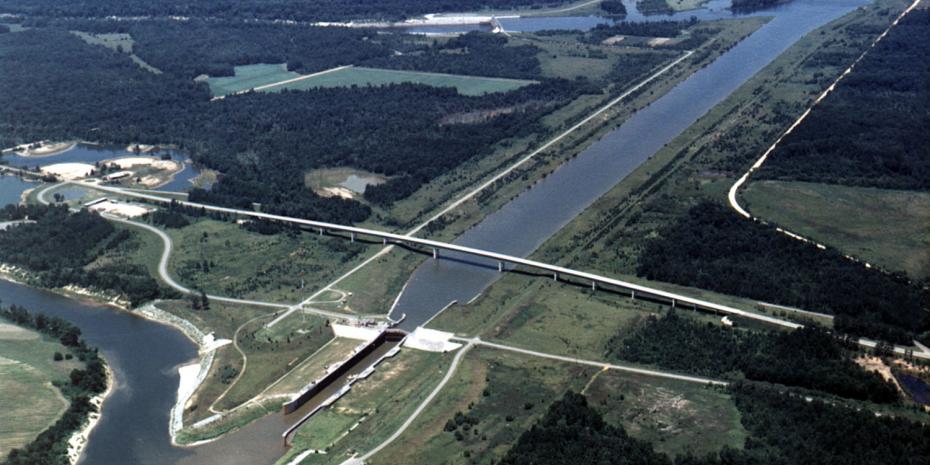Photo: Oil and gas pipelines run behind Africatown's historic Mobile County Training School. Photo credit: Karen Savage
The law will be of no value to you if 1) you do not know the law, 2) you are afraid to use the law, 3) you cannot financially afford the law. Historically, laws are created to protect the innocent and the weak or safeguard the greedy.





